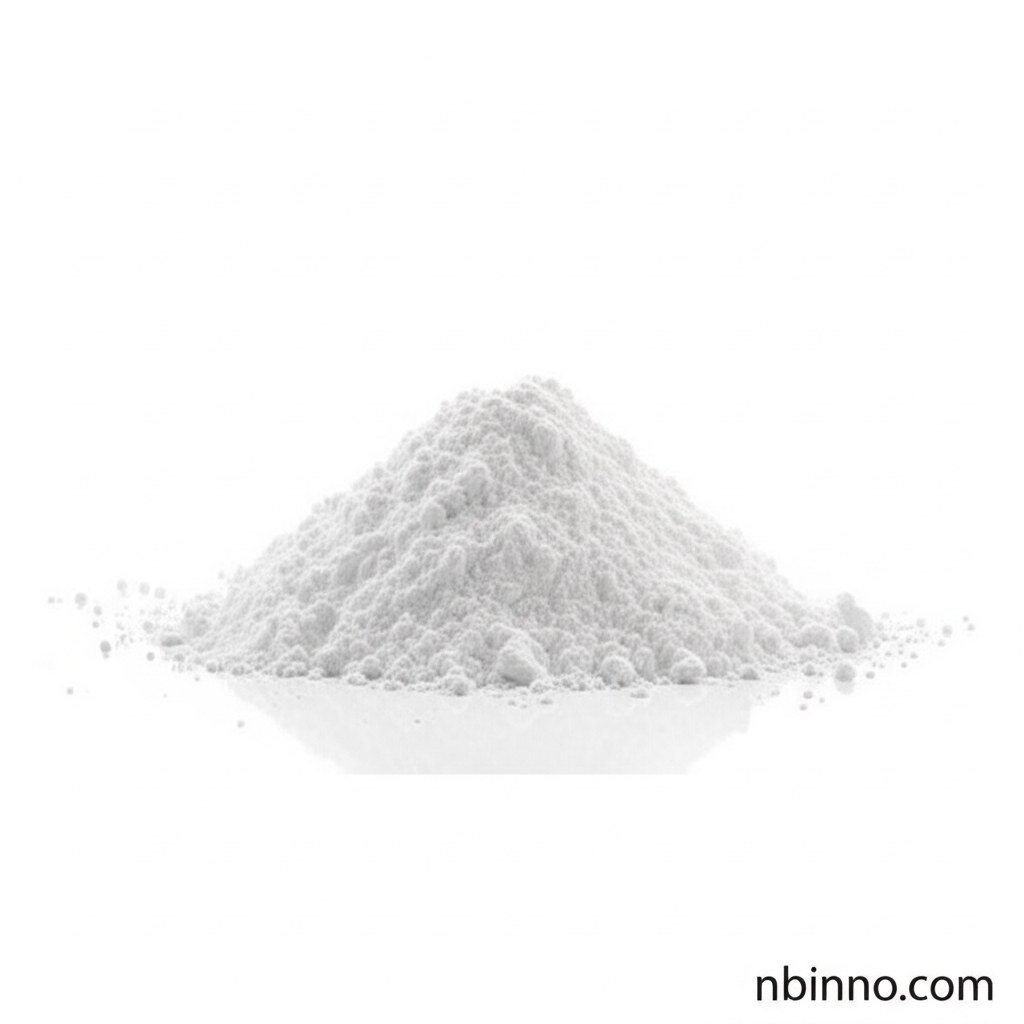Understanding Hydroxychloroquine: Properties, Applications, and Market Insights
Explore the multifaceted role of Hydroxychloroquine, a vital compound in pharmaceutical and medical research.
Get a Quote & SampleProduct Core Value

Hydroxychloroquine
Hydroxychloroquine is a synthetic antimalarial drug that has proven efficacy in treating a range of autoimmune conditions. With its unique mechanism of action, it plays a crucial role in managing inflammatory responses and is a key compound for research and therapeutic applications.
- The buy hydroxychloroquine API market is driven by its established therapeutic applications.
- Hydroxychloroquine CAS 118-42-3 is a critical identifier for researchers and manufacturers globally.
- Understanding the hydroxychloroquine uses for lupus is essential for treatment protocols in rheumatology.
- As a vital hydroxychloroquine pharmaceutical intermediate, its synthesis pathways are of significant interest.
Key Advantages
Established Therapeutic Uses
Hydroxychloroquine is a well-established treatment for malaria and various autoimmune diseases like rheumatoid arthritis and lupus, making it a cornerstone in medical practice.
Immunomodulatory Action
Its ability to modulate immune responses and increase lysosomal pH makes it valuable for research into inflammatory and infectious diseases.
Pharmaceutical Significance
As an Active Pharmaceutical Ingredient (API), Hydroxychloroquine is crucial for drug manufacturing and development, with consistent demand.
Key Applications
Malaria Treatment and Prevention
Hydroxychloroquine is a frontline medication for preventing and treating malaria, particularly in regions where the parasite is sensitive to chloroquine.
Rheumatoid Arthritis Management
It effectively manages the symptoms of rheumatoid arthritis by reducing inflammation and joint stiffness, improving patient quality of life.
Systemic Lupus Erythematosus (SLE)
Hydroxychloroquine is a critical treatment for SLE, helping to control disease activity and prevent flares, highlighting its importance in autoimmune disease management.
Research and Development
Its role in modulating immune responses makes it a subject of ongoing research for various other medical conditions, underscoring its value in pharmaceutical R&D.
